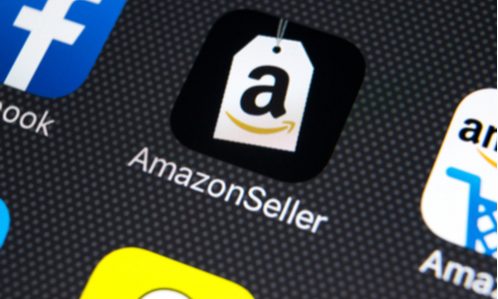
By: Ramsi Woodcock (What Am I Missing?)
Amazon paradoxes are proliferating. Here’s another: to the extent that Amazon is engaged in anticompetitive conduct, it is the conduct of opening its website to third-party sellers, not, as Amazon critics hold, the conduct of failing to be even more welcoming to those third-party sellers.
As the Times’ David Streitfeld, who has perhaps done more than anyone else to advance the notion that Amazon is unreasonably severe with third-party sellers, seems slowly to be realizing, Amazon’s third-party sellers are, well, a problem. They sell junk. They sell defective products. They fool their customers. And then they disappear.
As the Wall Street Journal alerted us more than two years ago now: Amazon’s open door policy with respect to third-party sellers, which sellers constitute more than 50% of sales on Amazon.com, has caused Amazon effectively to “cede control of its site,” badly degrading the shopping experience.
Which begs the question: why? Why would Amazon let this happen? The answers is: “dreams of monopoly.”
Every other retailer in the world seems to understand that one of the biggest pieces of value retail can deliver to consumers is: curation. The retailer does the hard work of sifting through the junk and the fakes and the defectives to find the good stuff, so that consumers don’t have to do that themselves. Why do you shop at Trader Joe’s instead of your local supermarket? Because you know that if Trader Joe’s is selling it, it’s probably not only of reasonable quality, but likely tastes great too. That’s the value of curation.
But, as Streitfeld correctly notes, Amazon has all but given up on it. Anyone can list products on Amazon. And the company makes almost no effort to flag the best products for you. Ever since that Journal article, the public has known that “Amazon’s Choice” is just an empty label slapped on a piece of third-party seller junk by an algorithm parsing sales trends. No one at Amazon can vouch for the underlying product’s quality, usefulness, or safety…
Featured News
Belgian Authorities Detain Multiple Individuals Over Alleged Huawei Bribery in EU Parliament
Mar 13, 2025 by
CPI
Grubhub’s Antitrust Case to Proceed in Federal Court, Second Circuit Rules
Mar 13, 2025 by
CPI
Pharma Giants Mallinckrodt and Endo to Merge in Multi-Billion-Dollar Deal
Mar 13, 2025 by
CPI
FTC Targets Meta’s Market Power, Calls Zuckerberg to Testify
Mar 13, 2025 by
CPI
French Watchdog Approves Carrefour’s Expansion, Orders Store Sell-Off
Mar 13, 2025 by
CPI
Antitrust Mix by CPI
Antitrust Chronicle® – Self-Preferencing
Feb 26, 2025 by
CPI
Platform Self-Preferencing: Focusing the Policy Debate
Feb 26, 2025 by
Michael Katz
Weaponized Opacity: Self-Preferencing in Digital Audience Measurement
Feb 26, 2025 by
Thomas Hoppner & Philipp Westerhoff
Self-Preferencing: An Economic Literature-Based Assessment Advocating a Case-By-Case Approach and Compliance Requirements
Feb 26, 2025 by
Patrice Bougette & Frederic Marty
Self-Preferencing in Adjacent Markets
Feb 26, 2025 by
Muxin Li